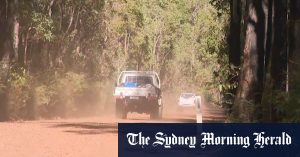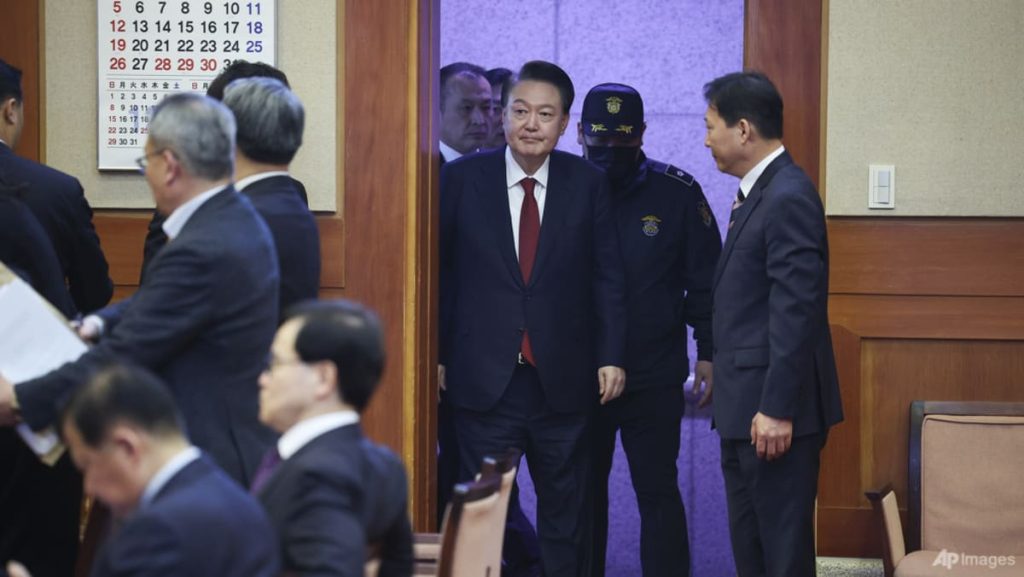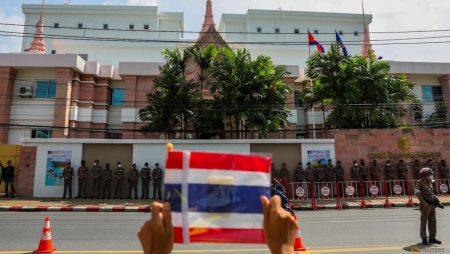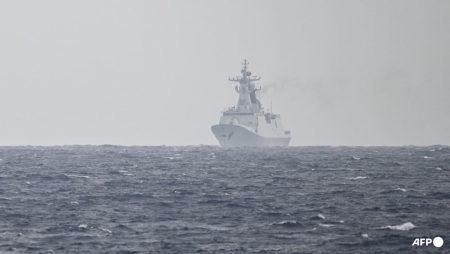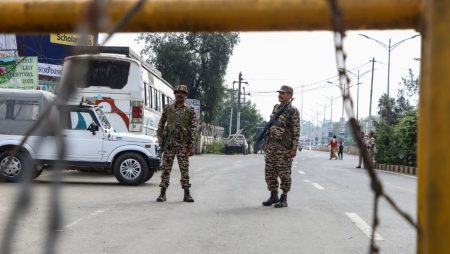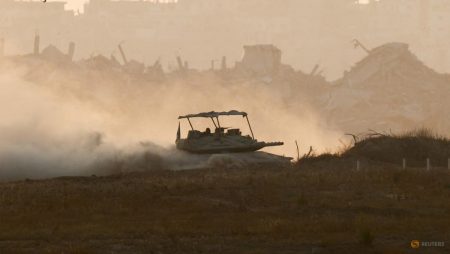The political landscape of South Korea has been dramatically reshaped by the arrest and subsequent legal battles of impeached President Yoon Suk Yeol. Accused of insurrection following his ill-fated attempt to impose martial law on December 3rd, Yoon became the first sitting South Korean president to be detained as part of a criminal investigation. This unprecedented event has plunged the nation into a profound political crisis, with the future of the presidency and the country’s democratic processes hanging in the balance. The recent rejection by a Seoul court of prosecutors’ requests to extend Yoon’s detention adds another layer of complexity to the unfolding drama, forcing the prosecution to expedite their indictment process.
Yoon’s attempt to invoke martial law, though short-lived, sent shockwaves through South Korea. The decree, which lasted a mere six hours before being overturned by the National Assembly, highlighted deep political divisions and raised serious concerns about the stability of the government. The subsequent impeachment proceedings and criminal investigation have further polarized the nation, with supporters of Yoon denouncing the process as a politically motivated witch hunt, while opponents argue that he must be held accountable for his actions. The court’s decision to deny the detention extension has intensified the pressure on prosecutors, who now face a race against time to solidify their case.
The Seoul Central District Court’s refusal to extend Yoon’s detention period marks a significant turning point in the legal proceedings. Prosecutors had sought to keep Yoon in custody until February 6th to continue their questioning and gather evidence for a formal indictment. However, the court’s decision, based on the perceived lack of sufficient grounds for an extension, has disrupted this timeline. Legal experts point out that this ruling does not exonerate Yoon but rather compels the prosecution to accelerate their efforts to build a robust case against him. The court’s decision effectively forces the prosecution to move forward with a formal indictment without the benefit of the extended interrogation period they had sought.
This development also has significant implications for the ongoing impeachment trial in the Constitutional Court. If the court upholds the impeachment, Yoon will be permanently removed from office, triggering a snap presidential election within 60 days. The confluence of the criminal investigation and the impeachment proceedings creates a complex and intertwined legal landscape, with the outcome of one potentially influencing the other. The court’s decision regarding the detention extension may also be interpreted as a signal of the judiciary’s stance on the strength of the prosecution’s case, potentially influencing the direction of the impeachment trial.
Yoon’s refusal to cooperate with the investigation adds further complexity to the situation. His legal team has consistently argued that the investigators lack the legal authority to question him, further complicating the prosecution’s efforts to gather evidence and build a strong case. This lack of cooperation from the impeached president raises questions about the transparency and accountability of the highest office in the land. It also underscores the challenges facing investigators in uncovering the full truth behind the events leading up to the martial law decree and its subsequent revocation.
The ongoing political crisis in South Korea has far-reaching implications for the country’s democratic institutions and its future stability. The impeachment process and criminal investigation are being closely watched by international observers, as they represent a critical test of the strength and resilience of South Korea’s democratic framework. The outcome of these legal proceedings will not only determine the fate of Yoon Suk Yeol but will also set a precedent for future presidential conduct and accountability. The court’s decision regarding the detention extension marks a pivotal moment in this unfolding drama, adding a layer of uncertainty and urgency to the pursuit of justice and the future political landscape of South Korea.
